Dave Bessell is a musician who specialises in ambient electronica, but additionally wears several other hats; from doing session work for major bands, being part of NODE and also a solo recording act for Ian Boddy’s DiN label.
Bessell’s latest work is a collaboration with ISHQ and is unique in that it is the first full length ambient album to have a Virtual Reality component to it. Dave Bessell kindly spoke about his new album, previous musical projects and the importance of Bandcamp in what are extremely challenging times for those working in the arts / music industry.
What is your background in electronic music production?
Well I’m a guitarist with delusions of being a keyboard player! I started off with the guitar as a teenager but straight away, I began experimenting with getting more than the usual sounds from it. I would often try to imitate the sound of some of the electronic stuff that was beginning to emerge at the time from the Krautrock scene.
Over the years I found various outlets for that approach with different bands and some sessions for other people. I also studied orchestration at the Royal College of Music and that has a big influence on how I approach electronics too. Gradually I accumulated a variety of analogue hardware alongside the guitar and that is increasingly what I’m known for in more recent years.
Who were your most formative influences musically and why?
The first piece of ‘electronic’ music that I can recall really having an impact was ‘Telstar’ by THE TORNADOS. The opening few seconds of abstract electronic sound is genius and that really opened my ears. Even though I was just a child when I heard it, it opened a door in my imagination that I went through years later.
The next influence that really caught my attention was ‘The Rite of Spring’ by Stravinsky which a friend of my father’s played to me; heavy metal for orchestra! Apart from that my next door neighbour used to play me THE BEATLES when I was very young and I remember liking them although I only had a child’s understanding of what I was hearing. As time went on the influences began to pile up, too many to mention here. In a way I’m influenced by everything I hear and I listen widely across a lot of genres.
You have done session work with both SUEDE and KILLING JOKE, how is the experience of being brought in almost as a ‘temporary’ member of a band to add to an album?
I quite like working to a brief and it’s fun to help good artists achieve their vision. That’s partly why I do a lot of musical collaborations too. There is always something to be learned in those kind of situations. I think having your own solo projects where you can fully express your individual musical personality makes it much easier to relax in a session situation. It gives a clear divide between personal expression and helping someone else to shine.
When I did a bit of keyboard programming for KILLING JOKE, mainly on their ‘Pandemonium’ album, it was particularly fascinating as I was already a long standing fan. To sit in on their recording and songwriting sessions and observe their creative process at work was educational! Working with Jaz Coleman on the keyboard sounds taught me some interesting things about what to look for when designing a synth sound too.
In 2014 you contributed to ‘The Oxford Handbook Of Interactive Audio’ where you did a chapter called ‘Blurring Boundaries: Trends & Implications in Audio Production Software Developments’, have you noticed any specific improvements or trends in software / hardware-based electronic music production since then?
I have an alternative life as a music academic and that kind of writing comes from the academic world. The main noticeable development since that article was the resurgence of analogue hardware and the whole Eurorack scene. Not something I particularly expected but welcome nonetheless. I almost always prefer the sound of analogue hardware and back in 1995 when those tools were still deeply unfashionable, NODE were one of the few who were working in that way.
I guess if you are unfashionable for long enough and you stick to your guns, then eventually the world comes round to your point of view! Having said that, the sound of digital has improved a lot and now has a viable audio character of its own. I recently placed an order for the Osmose keyboard which is still in development. The combination of innovative expressive keyboard and high quality digital sound engine with physical modelling hits a sweet spot for me. As a guitarist I always wanted to do vibrato on the keys!
You are probably best known for your work with the electronic ‘supergroup’ NODE alongside Flood, Mel Wesson and Ed Buller. ELECTRICITYCLUB.CO.UK was lucky to be present at your Royal College of Music show in 2015. How was the experience of performing this show?
The preparation for the show was a lot of work – moving all that vintage gear and then setting it up and getting it to work again was a major task!
However we had the time and space to do it properly and when it came to the actual performance, it was pure joy. I mean how could you not have fun with all those toys to play with! The PA from Flare audio was very nice too which really helps with that kind of textural music. A little bit strange being back in my old ‘school’ playing a gig.
Did any piece of vintage gear ‘misbehave’ itself on the night?
Ha ha yes of course! My favourite was when Flood’s Oberheim decided to die while he was playing it during the gig. It started sounding increasingly ill and then kind of croaked to a halt entirely. Of course Flood went with it and carried on playing until it croaked its last. We included it in the live album – if you have sharp ears, you may be able to pick out a warbly wavering reedy distorted kind of sound which becomes increasingly unstable then stutters to a halt entirely.
We had some issues with Ed’s Moog modular in the rehearsals for the gig. During the performance we had the backs off his cabinets with a technician poised with soldering iron just in case – fortunately the big Moog lived to fight another day.
ELECTRICITYCLUB.CO.UK noticed a certain Nick Rhodes in the audience that night (he was also keen to scope out the gear you had on stage), were you aware he was a fan?
I think most keyboard or electronics people would have an interest in what we were trying to do that night. I wasn’t particularly aware of Nick being there but I know a few other high profile people take an interest in NODE. Hans Zimmer for example.
Are there any more plans to collaborate together?
NODE is a very occasional project because everyone involved has a lot of other commitments. So I won’t say it will never happen again but we have no plans right now.
The BluRay of the Royal College of Music performance has only just been released, why did this take so long to come to fruition?
As anyone who has followed NODE knows it operates to a different time scale than everything else! It took something like seventeen years between the first and second albums for example. So actually the BluRay was relatively quick for us. We never intend for everything to take so long but then someone goes out for a sandwich and comes back fifteen years later – so timescales get stretched!
Your new album with artist ISHQ has just been released and has been described as evoking “The sound of Aliens landing in an English meadow”. How close a description do you think that is?
Well that quote was a reaction from Neil Butler of SPATIALIZE when he first heard one of the tracks. It tickled my sense of humour but I also think it encapsulates in a few memorable words some of the spirit of the album. It has some pretty ‘alien’ sounds and yet it also refers to the Cornish landscape. The album was recorded in Cornwall. There is more to the music than just that but as a sound bite I think it points in the right direction.
How did you come to collaborate with ISHQ and what was the role split and working method on the album?
I discovered online that ISHQ lived not too far from me. We live in a rural area so when you find like-minded electronic musicians, you tend to meet up at least for a chat. The collaboration grew out of a chat in a cafe and just seemed to grow of its own accord.
We found ourselves musically on a similar wavelength and I had wanted to do something in a more ambient style for a while. We started with some jam sessions in my studio and then took them away to work them up with a bit more structure and some overdubs.
The original jams were all analogue hardware but ISHQ has a distinctive style which means he manipulated and added quite a few sounds later with his Roland V Synth. He tends to resample the material and bend it out of shape in interesting ways. There is also a light scattering of found sounds mostly recorded from my collection of broken and antique instruments. The only real rule I set myself for this one was no guitar – I didn’t want to bring in those stylistic associations for the mood we were trying to achieve.
Did either hardware or software synthesizers dominate on the new album and was there a piece of studio kit that specifically defined the sound of the work?
I don’t think any software plug-in synths were used on ‘Inbetween’, it was mainly analogue hardware with some contributions from digital hardware. Plus a few processed acoustic sounds. Probably two pieces of kit became important for the soundworld we created, ISHQ’s use of the V Synth is very creative and quite distinctive and I used the 4MS Spectral Multiband Resonator on several tracks as a starting point.
‘Inbetween’ is innovative in that it is the first full length ambient album to be released with a Virtual Reality (VR) format. What inspired you to incorporate this medium and what do you feel it adds to the experience of the album?
Well it was initially down to serendipity / synchronicity. The opportunity to do that came up in a conversation with one of my ex-students Ben Payne who is currently doing a PhD on VR. VR fits very well with the ideas ISHQ and myself had touched on – the idea of different worlds, inner and outer landscapes, that kind of thing. These are the moods and ideas we were playing with in the music and VR is obviously relevant when you are interested in exploring parallel realities and inner landscapes.
Were there any specific technological hurdles you encountered when adding the VR format?
We were doing OK until it came to trying to package it up for different platforms. Initially we had wanted to make it available for all operating systems and VR platforms, but it quickly became obvious we didn’t have the resources to achieve that and beta test it on all those formats. So we had to narrow it down to make the project deliverable.
Jean Michel-Jarre attempted a not entirely successful ‘live’ VR-style performance online earlier in the year. Can you see VR being adopted by other musicians and if so, what do you see the future possibilities for it?
I think VR has a lot of possibilities to explore certain ideas and styles of music. People are still working out what it’s good for at the moment, but I have discussed with ISHQ ideas for future VR projects and some of them may well expand the format in unusual ways. COVID-19 has focussed attention on and pushed the development of these kind of tools and online delivery options. One thing holding VR back still is that the technology is not widely adopted yet and is still in a state of flux and development from the technical standpoint. That is beginning to change though. Probably at some point it will achieve critical mass and then really take off.
I don’t like to criticise other musicians online but I hope Jean-Michel Jarre will excuse me if I say that I don’t think he had something artistic he wanted to say which necessitated the use of VR. Probably it seemed like a good idea to have a virtual gig in these unusual times, but I think VR demands a bit more than replicating existing delivery forms. In a way, it’s like the birth of cinema we are still inventing the conventions and structures that suit VR and there will inevitably be some trial and error. I think Björk has a bit more of a handle on that aspect.
With ‘Inbetween’, we tried to achieve a different look than the usual game 3D rendered style, by creating a kind of altered reality aesthetic. We deliberately didn’t use all the bells and whistles of VR. To throw lots of whirling bright colours and impossible fractal perspectives at the listener wouldn’t have enhanced our musical intentions which we hope were a bit more subtle than that.
Purchasers of the album without a VR headset can still experience a virtual desktop Windows version. Was there a specific reason why an Apple format wasn’t made available for the album?
Only for the reasons I mentioned above – we just didn’t have the resources to develop and test all the possible permutations of operating systems, computer platforms, VR formats, different headsets etc etc. If anyone wants to try porting it to a Mac, you can find us on Facebook!
With its heartbeat pulse and TOMITA-style arpeggios, one of the highlights on the album is ‘Atlas Obscura’, was there a particular inspiration for this piece?
We didn’t verbalise any intentions before we started playing, but we had a sort of musical conversation which we did analyse a bit after the event, that gave rise to some of the titles. So ‘Atlas Obscura’ is about mapping landscapes – the Cornish landscape with its standing stones and wild Atlantic seascapes and the internal psychological landscape which somehow seems tangled up in that real landscape in some indefinable way. I hope that makes sense to someone ha ha!
You sell and distribute your material via Bandcamp (which has really come into its own during the COVID-19 situation), how important do you feel this platform is for both you and other musicians?
I’m known online for championing Bandcamp. I think it is single handedly supporting a whole raft of creative niche music and is allowing new artists a vital space to develop. It also provides a viable model to allow musicians to progress to a point where they can actually finance their projects and make a living, which in these days of Spotify and other streaming services is a lifeline. In short, I think Bandcamp is essential and I take my hat off to them. I hardly ever buy music elsewhere these days. Support Bandcamp = support the artists.
How has the COVID-19 situation affected you personally in terms of your musical output or work ethic and how do you feel about the wider impact this has had on the arts / music industry?
I think the arguments and points of view around this are well rehearsed, so I don’t want to add too much to the mountain of comment. I will just say that personally I haven’t been as badly affected as those who rely heavily on income from live performance. The longer it goes on, the more damage will be done to the live music scene.
What’s next for you musically?
I always have projects on the go and I have just started a new collaboration. It’s at very early stages though so not the right moment to say anything more about that particular one. I also have another album waiting in the wings for DiN records. That will be my third collaboration with Bakis Sirros of PARALLEL WORLDS. That one is actually finished and just waiting for a release slot in the DiN schedule. Beyond that, there are a couple of ideas I’m exploring including possible further VR projects with ISHQ. Probably somewhere down the road is another solo album which will be the follow-up to ‘Reality Engine’.
ELECTRICITYCLUB.CO.UK gives its warmest thanks to Dave Bessell
DB & ISHQ ‘Inbetween’ is available from https://virtual1.bandcamp.com/album/inbetween
https://sites.google.com/site/davebessellmusic/
https://bandcamp.com/tag/dave-bessell
Examples of the VR concepts from ‘Inbetween’ can be viewed at:
https://momento360.com/e/u/c4c3fc4ab98a4589a2ac67de287942d9
https://momento360.com/e/u/b95b219f839f4e0f93c4ff1b916658b7
Text and Interview by Paul Boddy
18th October 2020

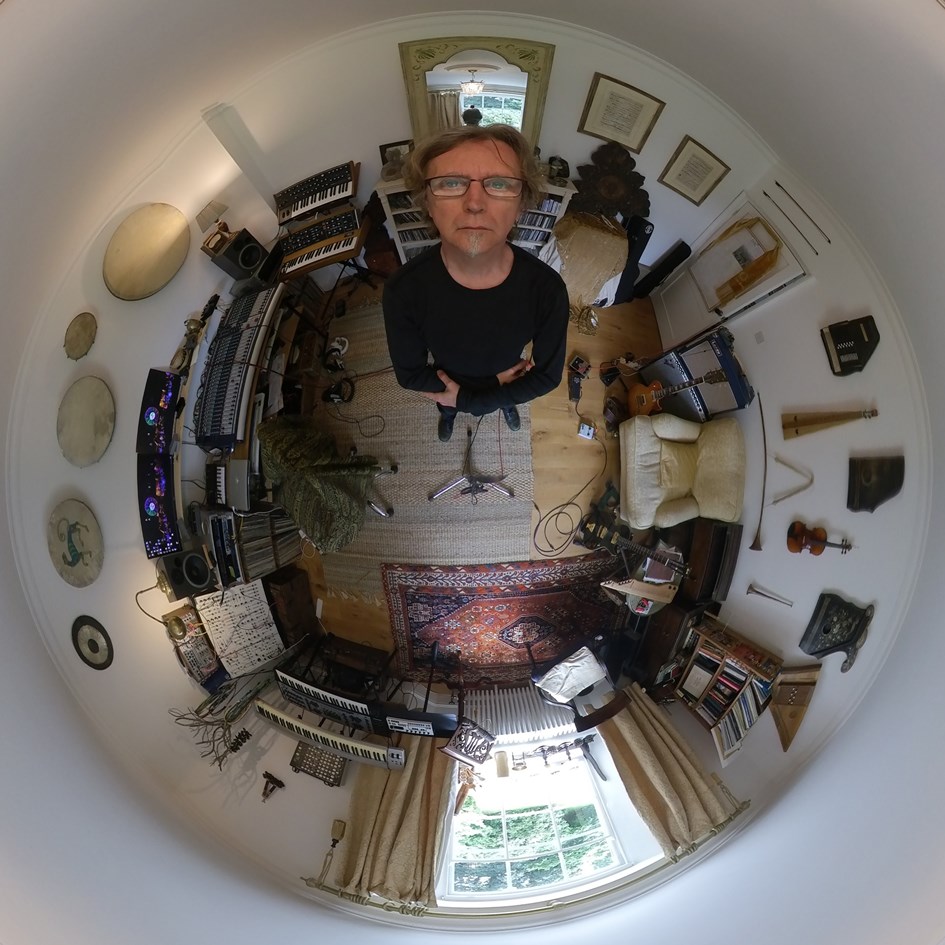
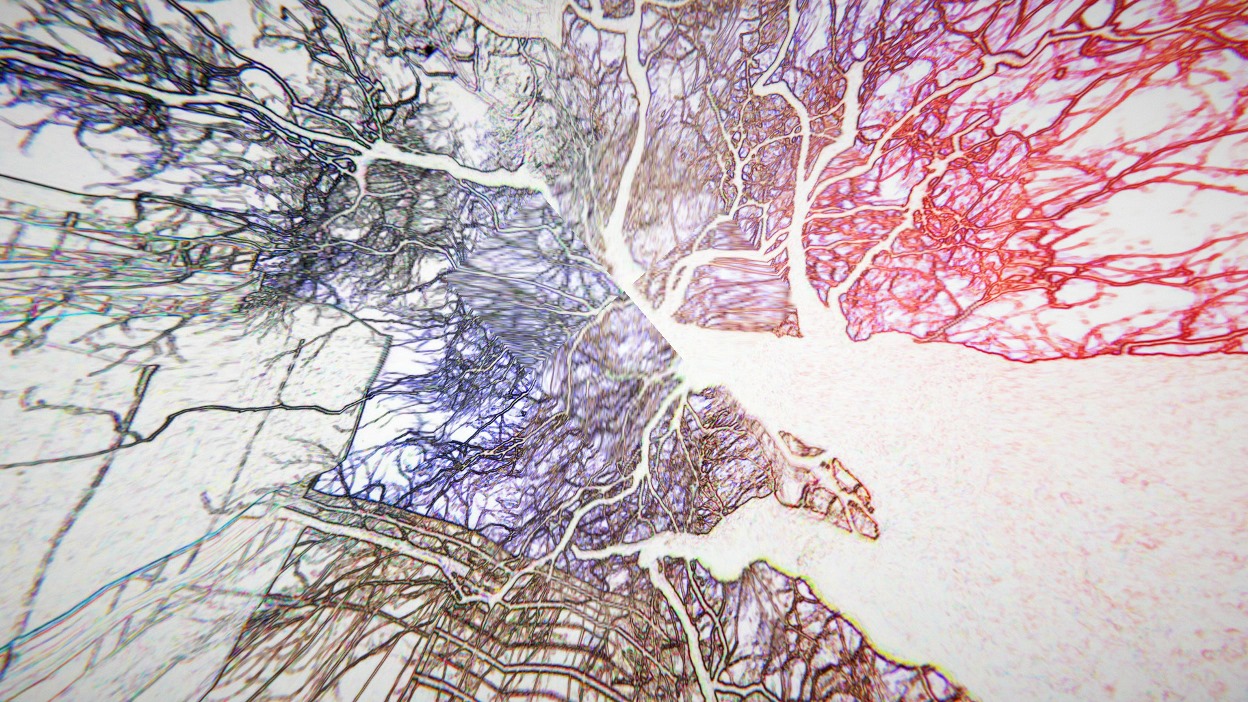
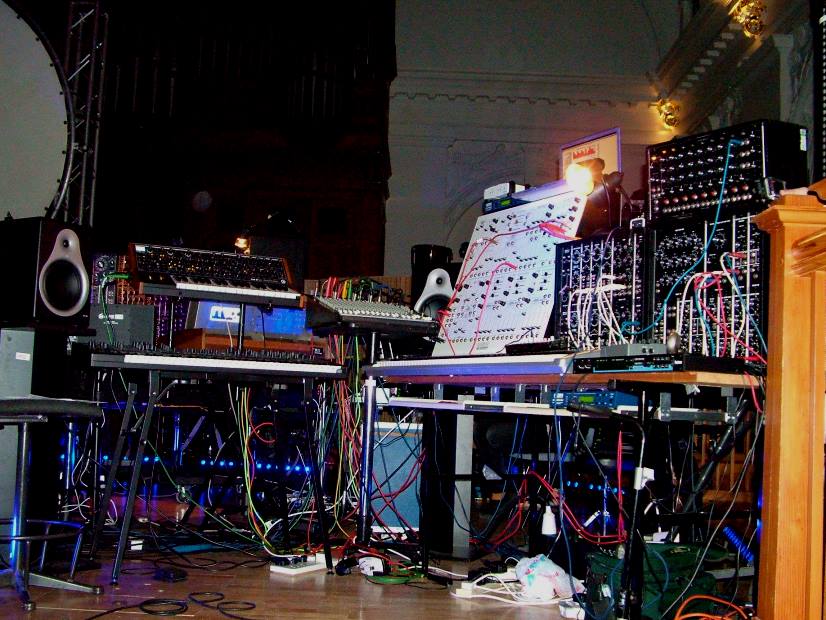
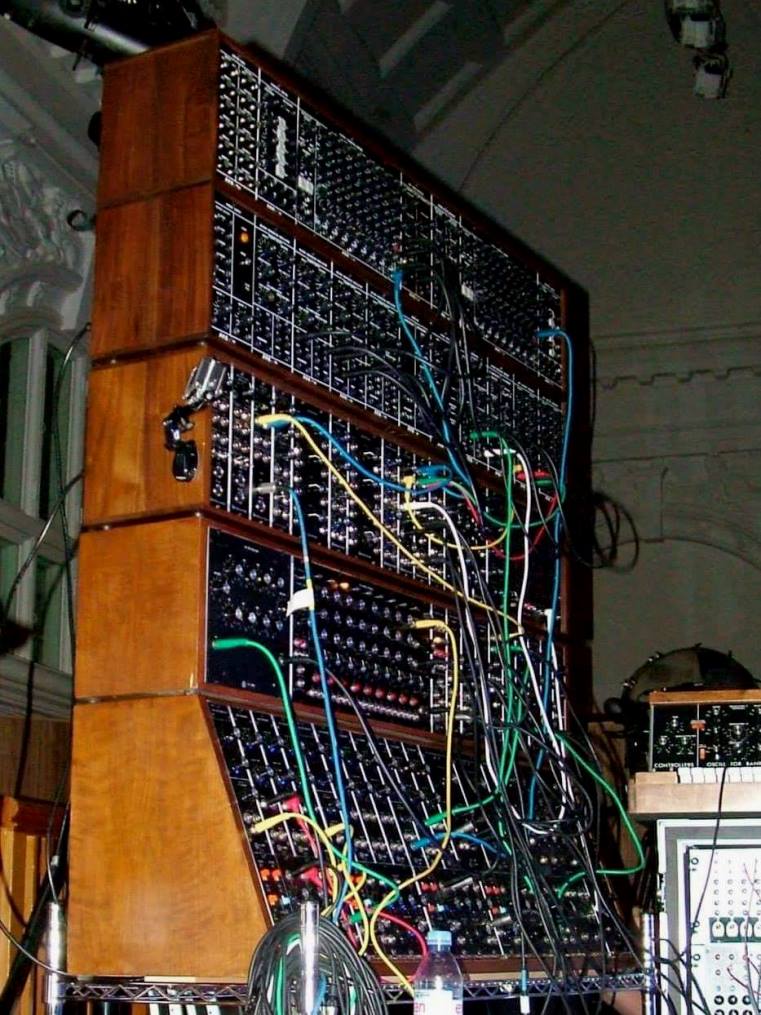
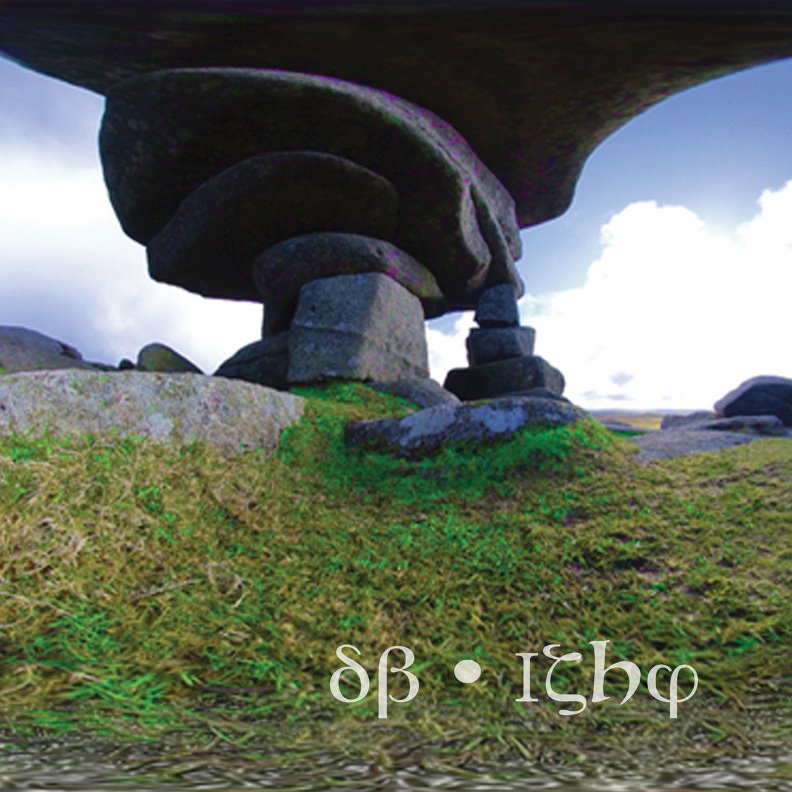
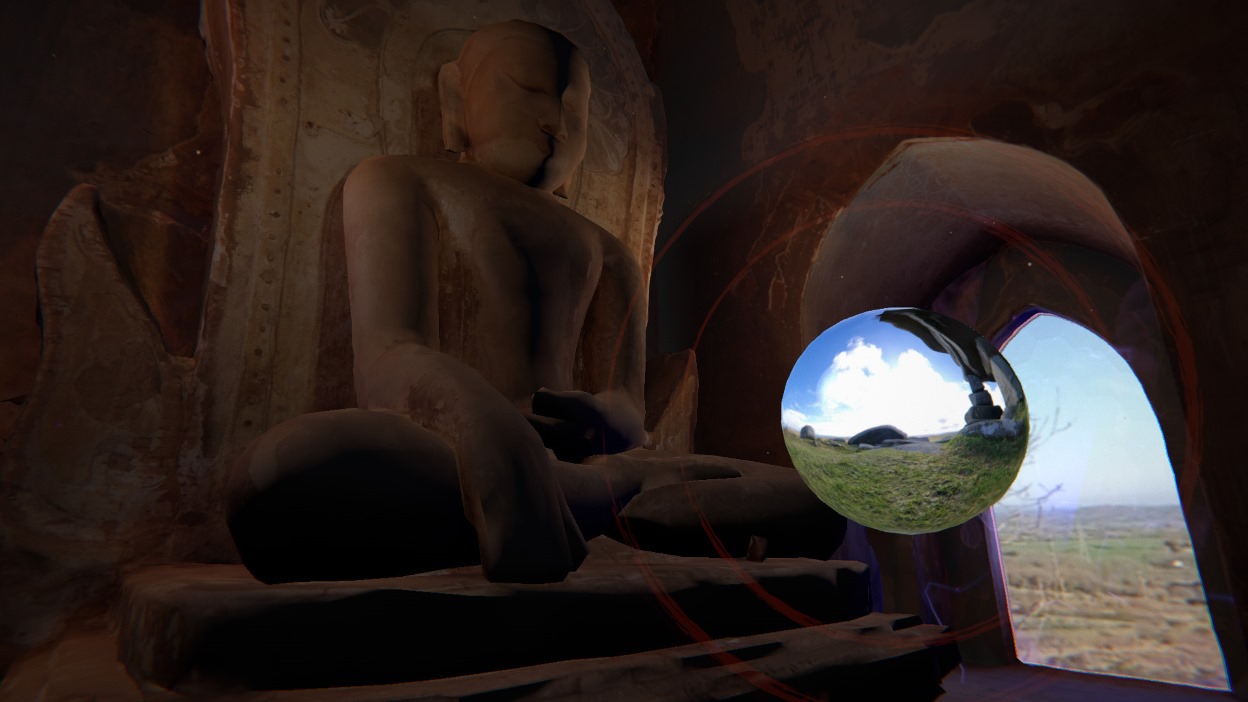
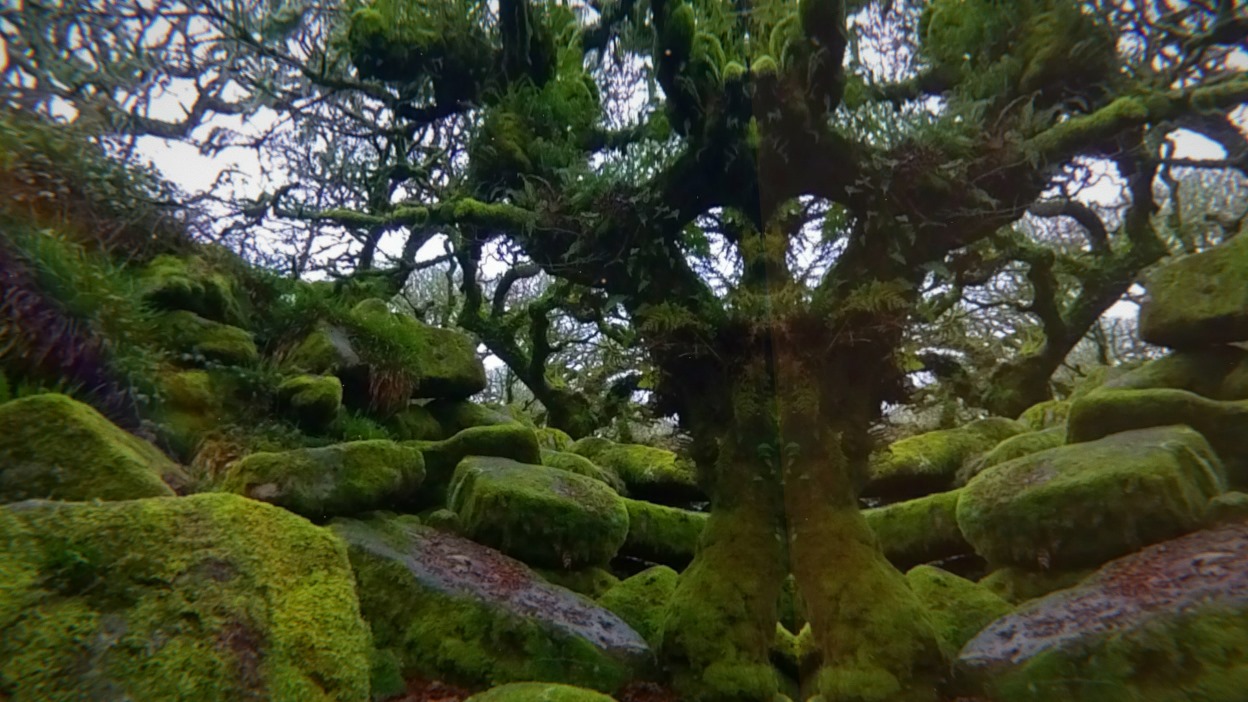
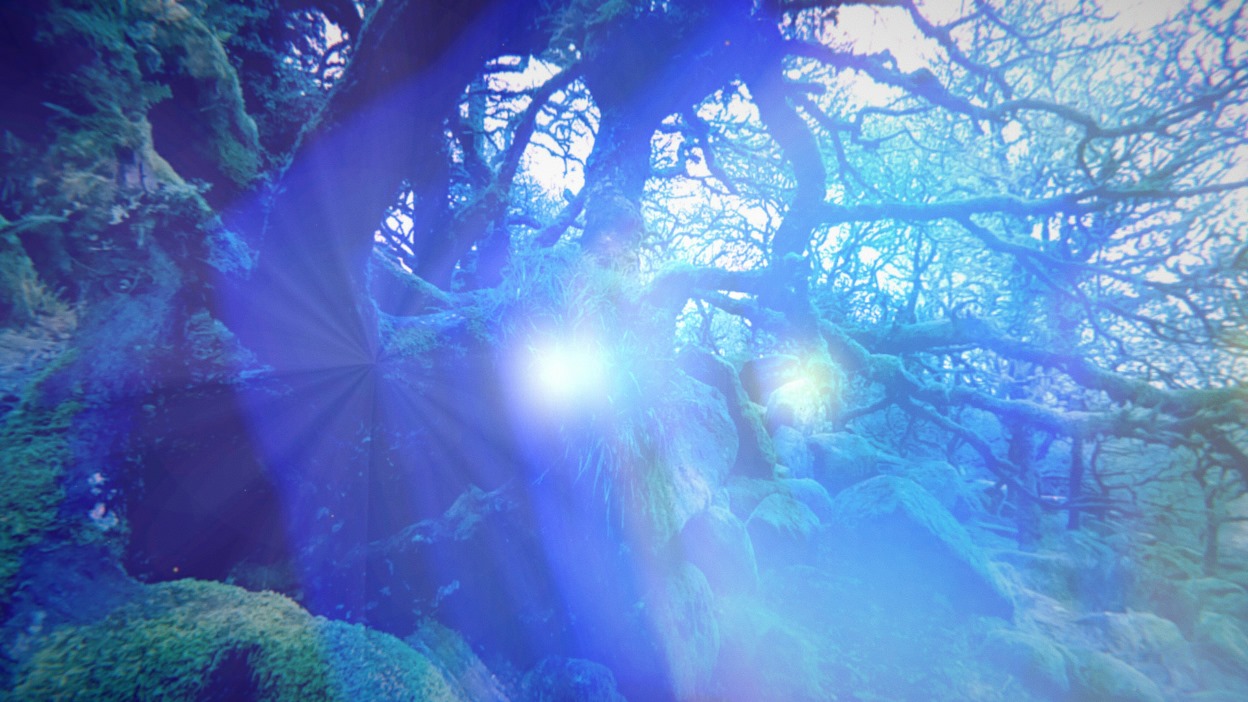
Follow Us!